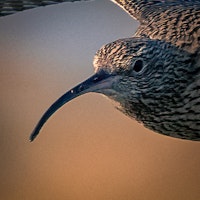
Waders
Curlew
The curlew bird is a long-billed wader that is native to Ireland's wet grasslands and coastlines. It is an iconic bird with a distinctive call, and sadly it is a species of high conservation concern due to a significant decline in its population.

Description:
The Curlew, also known as the Eurasian Curlew, is a migratory bird commonly found in Ireland. They have a distinctive curved bill that measures around 10-20 centimeters long, which is used to probe the mud or soil for food. Their plumage is a blend of brown, gray, and white feathers, making them well-camouflaged when they are on the ground. The Curlew has long, thin legs with a black and white pattern on them.
What They Eat:
Curlew birds are omnivores, feeding on a variety of insects, small mammals, worms, and shellfish. They primarily eat earthworms using their long bill and probe the mud to find them. Curlews also eat small crustaceans, mollusks, and amphibians.
Habitat:
Curlew birds prefer to live in areas with wetlands, marshes, and grasslands. They are commonly found near the coast, but they may also be found inland around lakes or other bodies of water.
Size and Wingspan:
The Curlew is one of the largest wading birds in Ireland, measuring around 50-60 centimeters in length and having a wingspan of 89-106 centimeters.
Male/Female Difference:
Male and female Curlew birds look similar, but the males are slightly bigger than females.
Where to Find:
Curlew birds can be found in various parts of Ireland including North Bull Island in Dublin.
What Months Can Be Found in Ireland:
Curlews are migratory birds, and they are usually found in Ireland during the winter months, between October to March. However, some of them do breed in Ireland and can be seen during the summer months.
Interesting Note:
The Curlew is listed as a vulnerable species in Ireland, and its population has been in decline in recent years. The main threats to their population include habitat loss, climate change, and hunting. Many conservation efforts are taking place to save the Curlew population, including habitat restoration and protection programs.
Other Birds of Ireland...
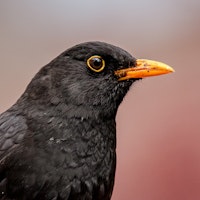
Blackbird
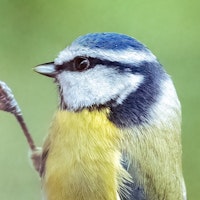
Blue Tit
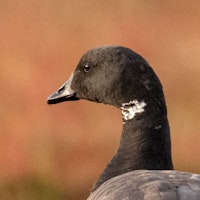
Brent Goose
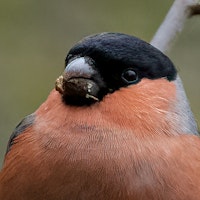
Bullfinch
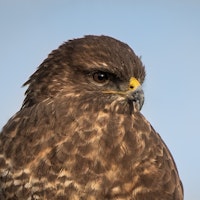
Buzzard

Chaffinch
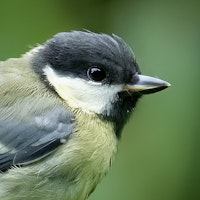
Coal Tit
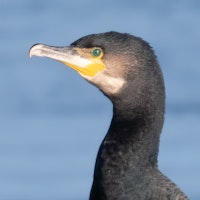
Cormorant
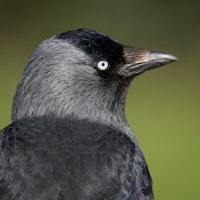
Crow

Curlew
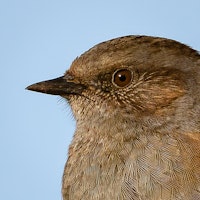
Dunnock
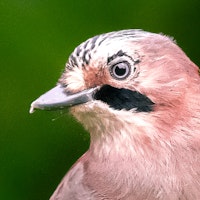
Eurasian Jay
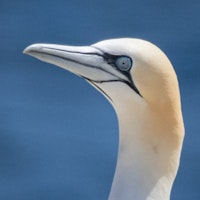
Gannet
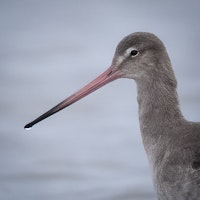
Godwit
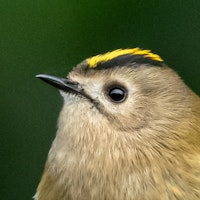
Goldcrest
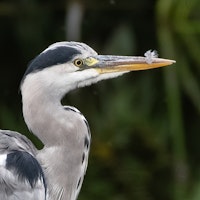
Grey Heron
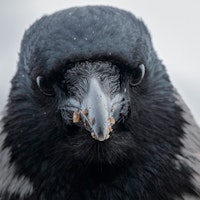
Hooded Crow
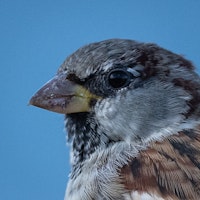
House Sparrow
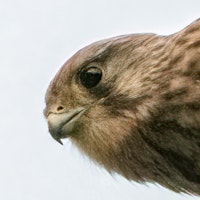
Kestrel
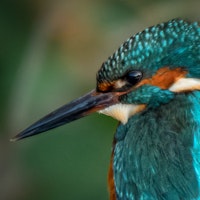
Kingfisher

Lapwing

Little Egret

Long Eared Owl

Long-tailed Tit

Mallard Duck

Merlin

Moorhen

Mute Swan

Oyster Catcher

Peregrine Falcon

Pied Wagtail

Pintail

Puffin

Red Kite

Redshank

Robin

Rook

Sanderling
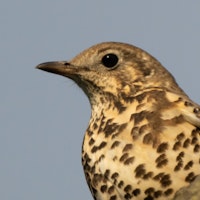
Song Thrush

Sparrowhawk

Starling

Stonechat

Swallow

Tree Creeper

Wren
More pages currently being produced...
Please connect to get updated when new pages are published







